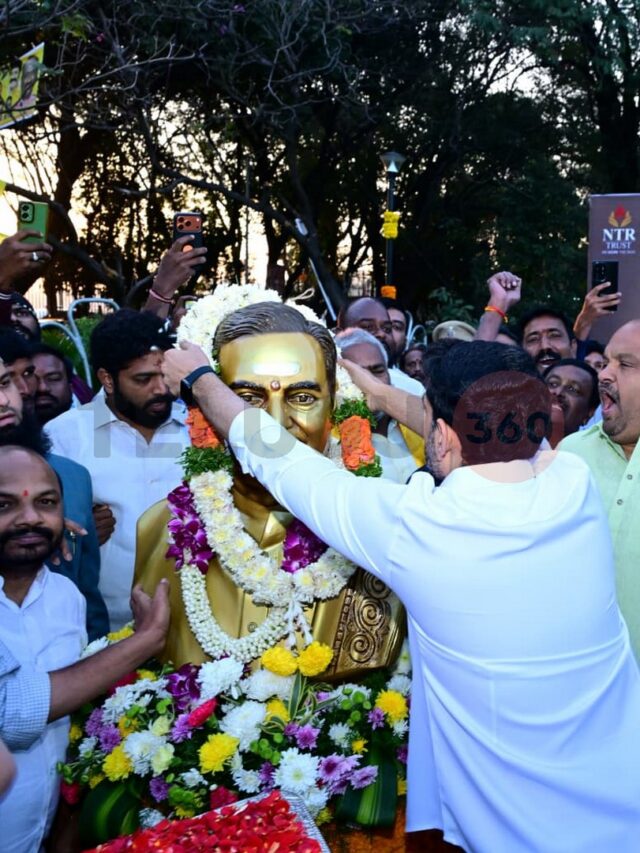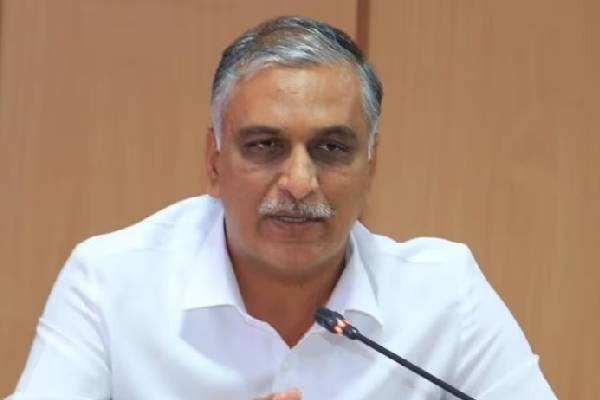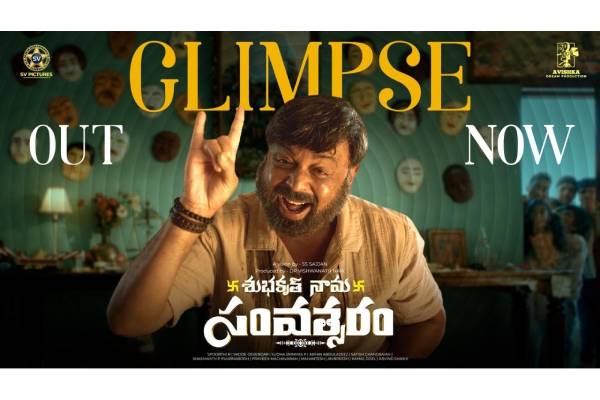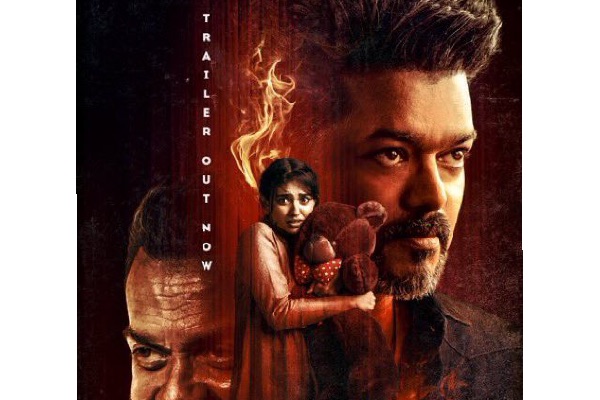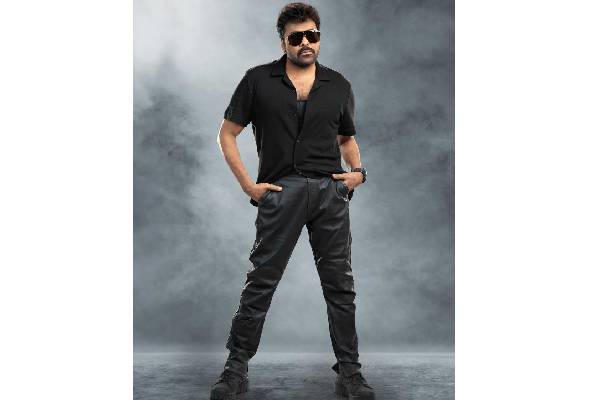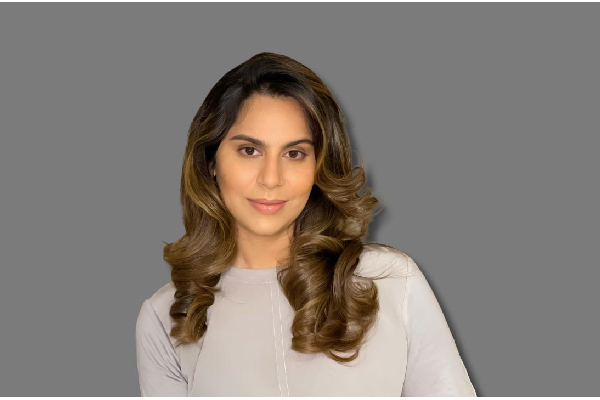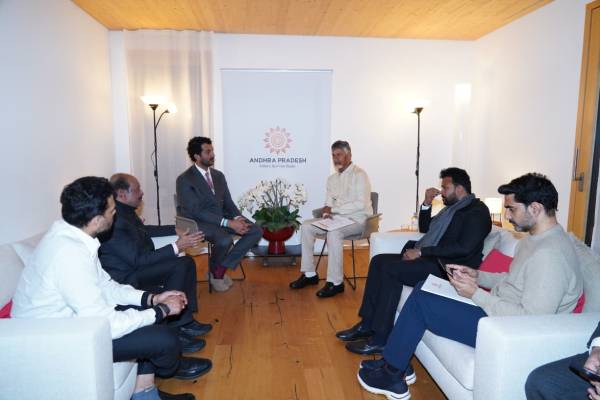Upasana Konidela’s remarks on marriage, career planning and egg freezing were meant to motivate young women to take control of their timelines. But what she said and how people received it turned out to be very different. The controversy didn’t explode because her message was offensive. It grew because many felt it came from a space far removed from the realities most Indian women face.
Even after Upasana explained her personal reasons and emphasised that every woman has the right to make her own choices, the criticism didn’t subside. The problem wasn’t her decision to freeze her eggs. It was the fact that her advice seemed unrealistic for women who live without the kind of financial comfort, support system or medical access she has always had.
Upasana comes from a prominent, well-established family with access to top hospitals, reliable care and a support circle that protects her from pressure. Most women don’t have any of that. For them, egg freezing isn’t an empowering life choice. It’s a treatment that costs lakhs, requires multiple rounds of injections, emotional strength and a long list of follow-ups. Some can’t even afford a regular visit to a gynaecologist without worrying about the expense.
That is why the advice felt out of touch. It sounded like guidance meant for women who already have safety nets. Not for women who juggle jobs, family pressure, financial strain and a healthcare system that is out of reach for many. When public figures talk about solutions that only a small percentage can afford, people naturally question the practicality behind the message.
There’s another layer to the backlash. Fertility treatments have become a massive business, and people are wary when influential personalities speak about them without acknowledging the cost, stress or accessibility issues. Even if Upasana wasn’t promoting anything deliberately, the suspicion alone was enough to fuel the outrage.
This entire episode reflects a much bigger concern. Young women in India want advice that understands their struggles from career uncertainty and parental expectations to emotional burnout and financial limitations. If a message doesn’t recognise these realities, it ends up sounding incomplete, even tone-deaf.
Upasana hoped to inspire women to choose their own timeline. But the backlash showed something else entirely: most women simply don’t have the freedom, money or infrastructure to make those choices. The gap between her world and their world was what really triggered the debate.


